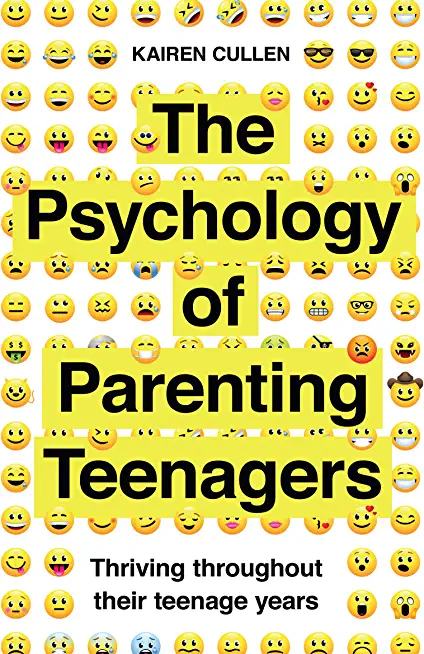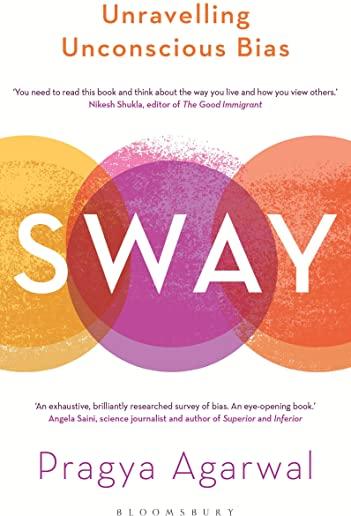
description
. This everyday observation is the subject of an academic field that is often portrayed as confused and controversial, when in fact, the field of intelligence holds some of psychology's best-replicated findings. This Very Short Introduction describes what psychologists have discovered about how and why people differ in their thinking powers. Drawing on large scale data Ian Deary considers how many types of intelligence there are, and how intelligence changes with age. Along the way he tackles some of the most burning questions surrounding intelligence, such as whether larger brains are cleverer, and how genes and environments contribute to people's intelligence differences. He also considers the new field of cognitive epidemiology, which draws links between intelligence and better health, less illness, and longer life, and asks whether intelligence is increasing. In this new edition Deary also addresses the controversial question of whether men and women differ in intelligence. Throughout he provides a clear description of the data we can use to answer these questions and more. ABOUT THE SERIES: The Very Short Introductions series from Oxford University Press contains hundreds of titles in almost every subject area. These pocket-sized books are the perfect way to get ahead in a new subject quickly. Our expert authors combine facts, analysis, perspective, new ideas, and enthusiasm to make interesting and challenging topics highly readable.
member goods
No member items were found under this heading.
Return Policy
All sales are final
Shipping
No special shipping considerations available.
Shipping fees determined at checkout.







